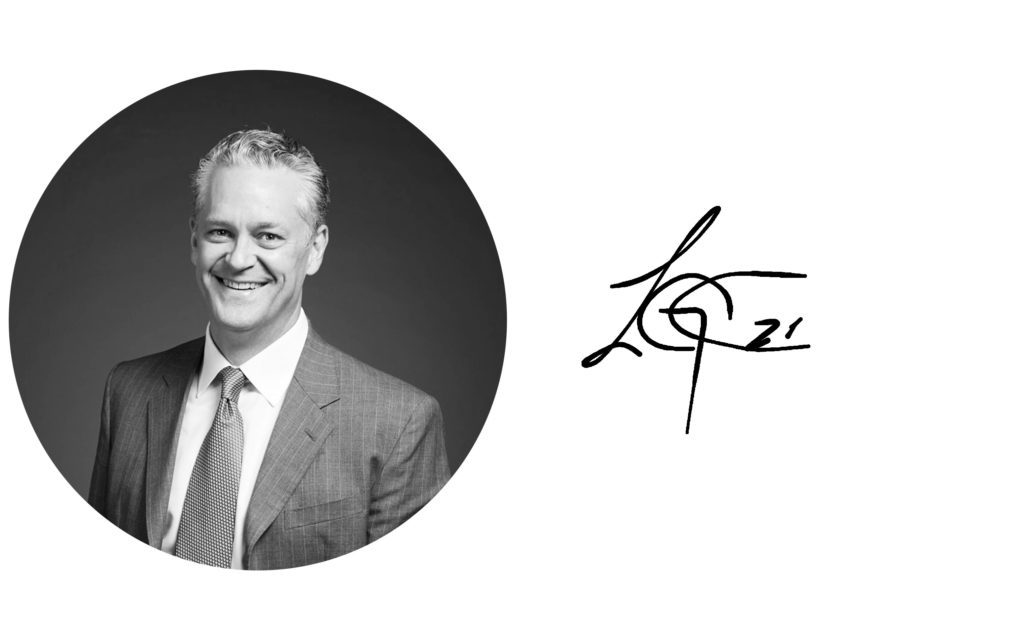
7 money management tips for entrepreneurs starting a business in Hong Kong
Because basic financial literacy is not taught in our schools, most of us do not have a great relationship with money. Many of us spend more than we earn. We incur unnecessary credit card or other debt. We shop foolishly online – it’s too easy! Many of us used to travel often (pre-covid), and once borders re-open we may be anxious to spend on travel again.
Though Hong Kong ranks high in global financial literacy surveys, it is estimated that over half of the population have not started saving for retirement, 40% lack emergency funds, and 20% fail to make their debt repayments on time. Of course, the high cost of housing in Hong Kong contributes to many people being unable to save, but a lack of financial acumen most certainly also plays a role.
It’s therefore no surprise to see poor personal money management habits often spill over into the management of one’s small business. Oftentimes start-ups and small businesses are personally funded by the founders. This can lead to a blurred line between personal and business finances, lack of clear spending limits and the founders incurring unnecessary personal risk.
While there are no doubt more exciting aspects of starting and running a new venture, if you hope to stay in business for the long-term you must focus on the most important part of start-up survival 101- managing your money.
Fear not, by putting a plan in place in the early stages of your business, you can set yourself up for a better chance of success. I’ve compiled seven tips to help you manage your small business finances based on my experience over the past 30-years helping people and their businesses build a solid financial foundation. I’ve made my fair share of mistakes over the years, including a failed enterprise or two of my own. But through my personal and business experiences I’ve learned a lot. I’m here to help you avoid making the same mistakes.
Have a business plan
This cannot be overstated, as the saying goes “If you fail to plan, plan to fail.” Even a simple business plan is better than none. Please see the MAD Success Business Plan Template attached to guide your start-up enterprise.

Check this out:
Determine your “Hard Stop Dollars” (“HSD”).
What’s that you ask? The HSD is the absolute maximum amount of your personal money that you are willing to commit to the business before you call it quits, if the business does not work out. If you blow past your HSD, or don’t prepare one, you risk losing everything. Figure out how much you are comfortable putting into the business and stick with it!
Regarding the Hard Stop Dollars, some people also set a Hard Stop Time limit. Why? Because they don’t want to waste more time or money if the business is not going to work. Regardless of the money they have committed to the business (prior to their HSD limit), if the business is not profitable by a certain date, they will close the business, or try to sell it.

MAD Success Gem: If you are in a serious relationship your significant other will appreciate the transparency of Hard Stop Dollars & Time limits, as many small business owners dip deeper into personal savings to keep the business afloat longer than is prudent. I have experience with this and it is detrimental to your bank account and relationship.
Prepare a budget and review it often.
Along with your business plan and HSD is your budget. How much will you spend on a website, staffing, an office, branding, marketing, etc.? What are your set-up costs and what are your on-going operating costs? Have you thought about necessary insurance (medical, business, etc.), transportation, and other potential costs? Will you pay a staff member’s transportation money if they are traveling 1-hour or more to work? What if they work late, will you pay for their dinner? Planning a budget will force you to think through all of the potential costs related to the business and if you made no income at all, your budget will show you how long you can operate the business at your budgeted monthly cash-burn rate against your budgeted HSD.

MAD Success Gem: You will usually under-budget your business, so add at least 20 – 50% more to the costs, as there will be costs you did not plan for, or foresee.
Hire or outsource a bookkeeper.
You will need someone competent to track the daily income and expenses and report them to you. Outsourcing this role is not expensive and will relieve you of hours spent doing accounting busy work. You are better served to put your efforts into building your business than spending the time meticulously tracking and managing the daily bookkeeping. Oversee it, know it, but don’t be the one putting it together. Pass your receipts to the bookkeeper to track for you.

MAD Success Gem: Keep track of your company accounts with a quality accounting software, such as Quickbooks or Xero. Both are great for small business and used by most quality bookkeepers and accountants in Hong Kong.
Outsource your accounting, audit, and tax to a professional accountant.
This is critical. I am a Chartered Accountant, but I can be my own worst enemy – likely you can too. Like it or not, you will eventually need to pay taxes (taxes are a good thing, it means you’re making money!), you will need to be audited (at least in Hong Kong), and you need a properly prepared set of accounts. So have a professional help you through the process.

MAD Success Gem: If you don’t understand basic financial statements, make it a goal to get more familiar. Pick up a book on basic accounting. Have your accountant help you understand the basics. Accounting is a skill you will use for the rest of your life. Learn about it.
You are both the owner and the CEO – could this be a conflict?
As the business Owner you will want a return on your money – but when? In the short-term, as salary or dividends to fund your lifestyle? Or over the long-term, as value-added to the business – for a future potential sale of the company at a profit? As CEO, your obligation is to run the business well and ensure it is financially sound. But, as CEO you will want to retain earnings to build the company without distributions, whereas as the Owner you may want earnings to be distributed to you to support your livelihood. You can see how conflict can arise. You will need a plan for how earnings are managed to benefit both the company’s long-term value and any of your short-term living needs.

Mad Success Gem: If the business is your only, or primary source of income, include your personal financial needs as part of the business plan for when you start making a profit. Dividends are tax exempt in Hong Kong, so better to pay yourself with them rather than taking a salary.
What is enough money to start?
Don’t quit your day job if you don’t have enough money to last at least 18-24 months in your new business without profit. Your business plan and budget will help you determine how much money you need to start your business. Will family and friends invest in your business? What percentage of shareholding are you prepared to provide to them? Equity crowdfunding has become a very popular way to raise capital for new businesses. The most popular crowdfunding sites are Kickstarter, and Indiegogo. Crowdfunding allows you to raise money from individual investors, the “crowd”, and you don’t have to give away a piece of your business, typically just a small gift or experience from your business for the “donor”.

MAD Success Gem: A word on debt. I would not recommend going into debt to start, run or keep your business afloat in the early stages. If you must, raise equity capital from others. Don’t borrow to keep it going. Know when to call it quits. Budget, plan and have a HSD.
We all believe our business is the next great thing, and it might well be with careful planning and execution but do plan for the downside and carefully manage your money. Be practical. Sometimes external factors out of your control can contribute to success or failure. But if you heed the above advice chances of success are greater and if in the case you fail (which is a great learning opportunity) you will land on your feet.
Hold your head high. Work hard. Hong Kong and the world need businesses like yours to power through and create a positive future. Here’s to you having MAD Success!
About the author: Lachlan Campbell’s purpose, his “Why”, is to help people live the life they want, their way. He founded MAD Success Limited, because he believes everyone should live a happy, healthy, wealthy, more fulfilled life. As experts and thought leaders in Wellness, MAD Success offers workshops, seminars, courses and coaching for individuals and corporates. Lachlan is available for local and international professional coaching, consulting, and speaking engagements on such life fulfilling topics as Creating a Life or Financial Plan, Career, Leadership, Entrepreneurship, and Wellness (holistically combining Mental, Physical & Financial Well-Being). Email: GetUnstuck@MADSuccess.com
Views and opinions expressed are the solely that of the author and should not be considered professional financial advice. Any action taken from this advice is strictly at your own risk. We will not be liable for any losses or damages in connection with the use of this information, or any other information posted on this website.
Written exclusively for WELL, Magazine Asia by Lachlan Campbell
Thank you for reading this article from WELL, Magazine Asia. #LifeUnfiltered.
Connect with us on social for daily news, competitions, and more.






